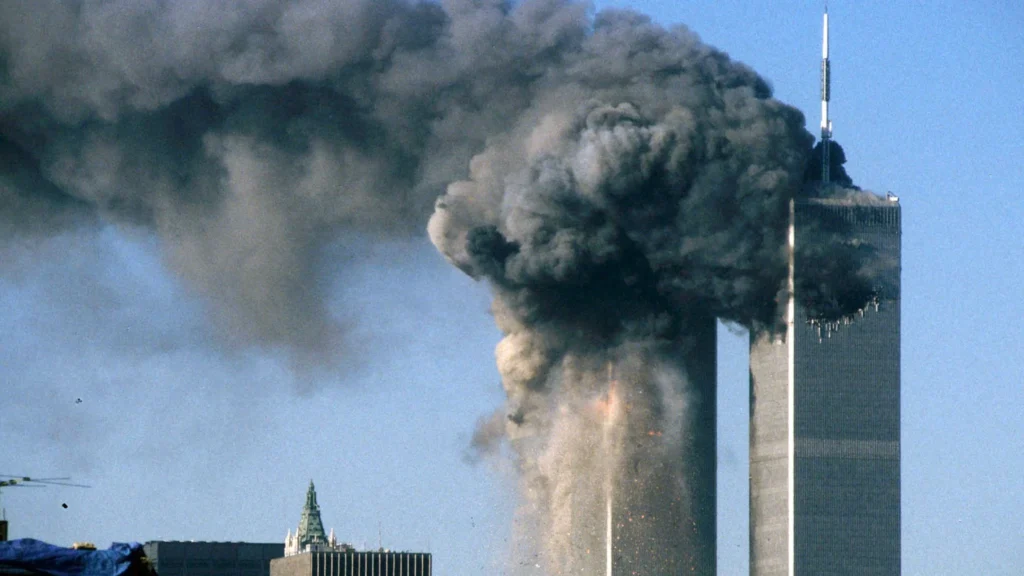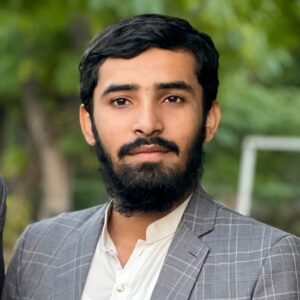Late summer dawn broke crisp and clear on September 11, 2001. Commuters boarded trains, coffee steamed in cups, and a sense of routine comforted millions. Yet by midmorning, the world as we knew it had been irrevocably altered. The date “9/11” would become shorthand for terror, grief, and an unshakable resolve that rippled from New York City’s smoldering skyline to remote villages along the Afghanistan–Pakistan border.
A Morning of Horror and Heroism
At 8:46 AM, American Airlines Flight 11 plowed into the North Tower of the World Trade Center, its impact shattering glass, steel, and any notion that Manhattan’s skyline was invincible. Seventeen minutes later, United Airlines Flight 175 ripped into the South Tower. A stunned nation watched helplessly as both towers collapsed in rapid succession, burying nearly 3,000 people beneath clouds of ash and debris. In Washington, Flight 77 tore into the Pentagon’s western side at 9:37 AM. And in Pennsylvania, passengers on Flight 93, aware of hijackers’ plans to crash into the Capitol, heroically stormed the cockpit, sacrificing their lives to save countless others when the plane fell in a field near Shanksville.
Across the United States, air traffic came to a halt, while first responders rushed into infernos and dust-choked streets. Strangers became brothers and sisters amid the chaos, helping the wounded, comforting the terrified, and forging bonds that would outlast the rubble.
The Rise of Islamophobia After 9/11
In the weeks and months that followed, a darker bond emerged: the sudden, pervasive suspicion of Muslim communities. Mosques were vandalized, veiled women were spat upon, and men wearing traditional caps were shoved into walls for “security checks.” FBI records show hate crimes against Muslims skyrocketed seventeen-fold in 2001 alone. Neighborhoods once known for peaceful coexistence turned hostile overnight, as fear eclipsed empathy.
Among those targeted were Sikhs, Hindus, and anyone perceived to be “Middle Eastern.” Community leaders scrambled to educate the public, while Muslim families, many U.S. citizens, found themselves under unwarranted surveillance. Childhood friends couldn’t understand why a schoolmate’s family no longer received holiday invitations. In small towns and big cities alike, the aftermath of 9/11 left invisible scars on hearts that had never before drawn lines based on faith or origin.
From Ground Zero to the Frontlines: The War on Terror
President George W. Bush declared a global “War on Terror,” vowing to root out al-Qaeda and eliminate future threats. Within weeks, U.S. forces entered Afghanistan to dismantle the Taliban regime that harbored Osama bin Laden. For many Pakistanis, the war was fought on two fronts. Alongside U.S. led coalition efforts, Pakistan’s military launched sweeping operations against local militants operations that displaced millions of families and left towns in ruins. The economic toll was staggering: over $150 billion in losses, according to government estimates, eclipsing the $20 billion in U.S. aid received. At home, life continued under threat of roadside bombs, suicide attacks, and drone strikes that claimed both militant leaders and innocent civilians.
A Nation Under Siege: Terrorism in Pakistan
As the global war intensified, so did violence within Pakistan’s borders. Karachi, Peshawar, and Quetta, cities once bustling marketplaces, became targets for Tehrik-e-Taliban Pakistan (TTP) fighters. Suicide bombers struck schools, funerals, and mosques; bus bombings and drive-by shootings became grim headlines on nightly news. Between 2001 and 2021, tens of thousands of Pakistanis, civilians and security personnel alike, lost their lives to terrorism.

In 2014, Pakistan launched Operation Zarb-e-Azb, a massive military campaign that drove militants out of strongholds in North Waziristan. The operation brought a fragile peace to some areas, yet terrorism’s pulse never fully flatlined. By 2024, attacks had surged once more, with more than 500 incidents claimed by extremist networks seeking to exploit regional instability.
Wounds That Will Not Heal
The legacy of 9/11 extends far beyond collapsing towers and foreign battlefields. It reshaped global politics, ignited debates over security versus civil liberties, and left communities around the world grappling with prejudice. In America, Muslim families continue to navigate a landscape where they must prove their loyalty. In Pakistan, memories of lost neighbors and shattered homes linger, even as children return to rebuilt schools and markets reopen.
Two decades on, the phrase “9/11” still carries the weight of lives ended and futures rerouted. Yet amid the sorrow stands a testament to human resilience: communities that rise from tragedy, officials who learn to balance vigilance with justice, and ordinary people who, in the darkest hours, chose compassion over fear. The story of 9/11 is not just about terror, it is a chronicle of heartbreak and healing, division and solidarity, fear and hope. And that story remains unfinished.


